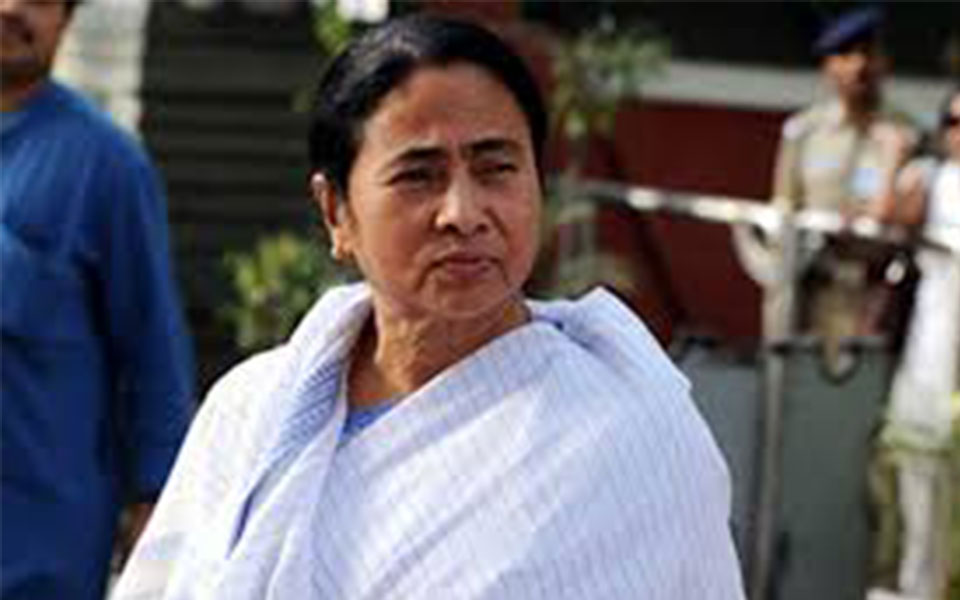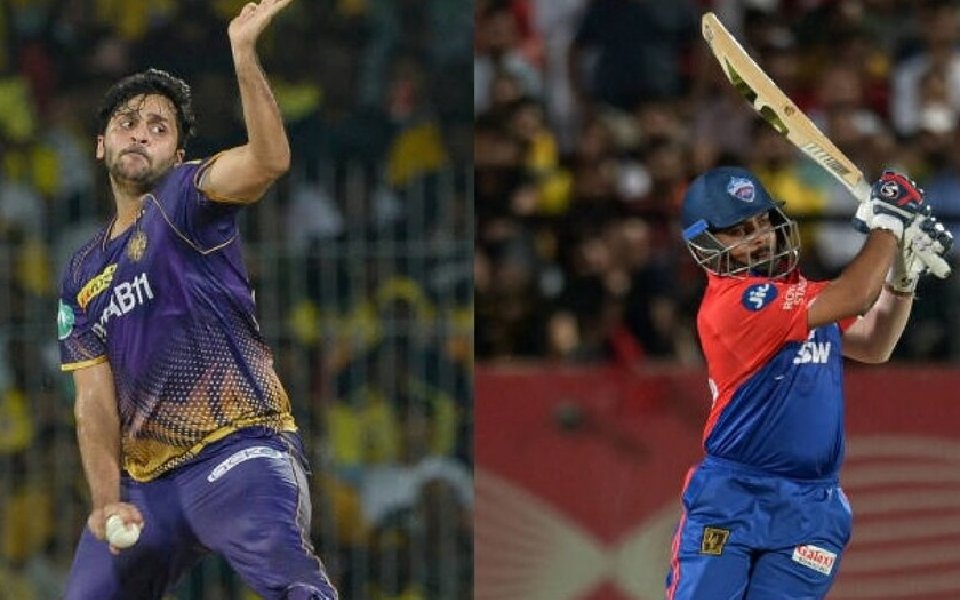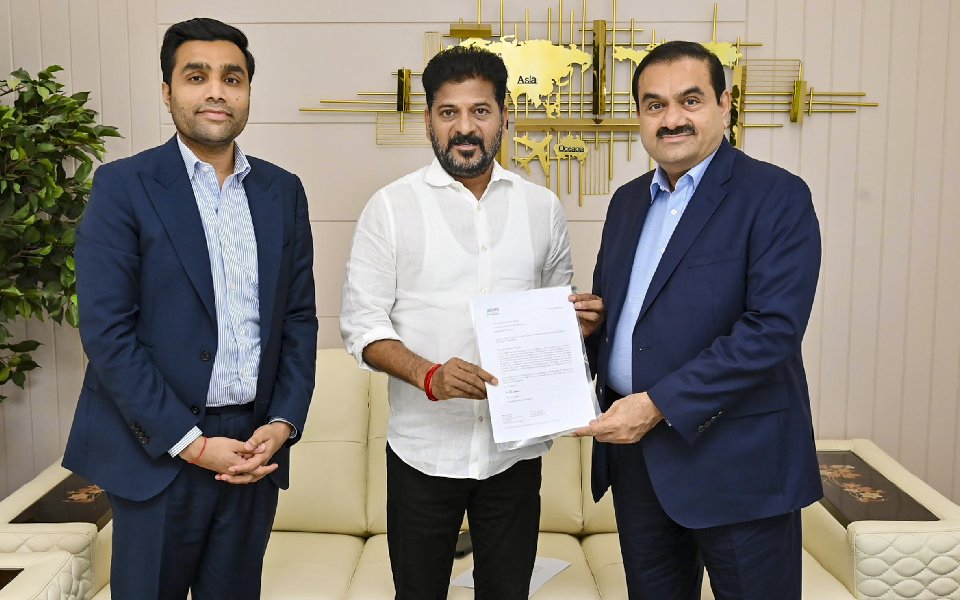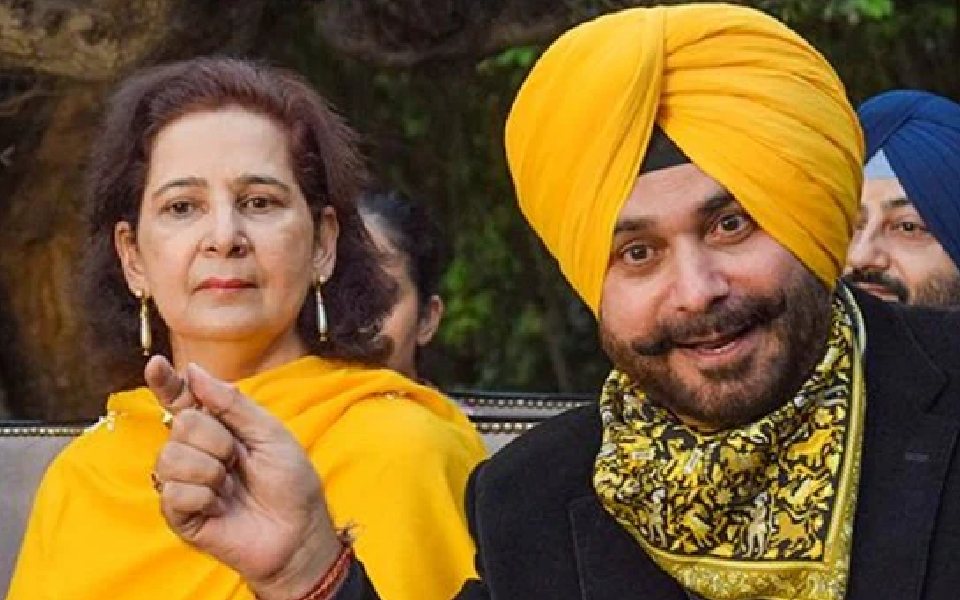Kalimpong, May 29: Citing the unprecedented violence, agitation and a prolonged shutdown in the northern West Bengal hills last year over the demands for separate state of Gorkhaland, West Bengal Chief Minister Mamata Banerjee on Tuesday urged locals to forget the past and "work together like a family" for the betterment of the people.
Claiming that the 104-day long complete shutdown in the hills of Darjeeling from mid-June to September last year had critically impacted the development and economy of the region, she said the state government and the local administrative boards like Gorkhaland Territorial Administration (GTA) have to work hand in hand to recover the lost ground.
"Whatever has happened, has happened. I want to forget that. I want that if there was any mistake from my part, we can work towards rectifying that mistake. It is important to work for the betterment of people with an honest heart to bring about the 'Acche Din' (better days)," Banerjee said at a public meeting in Darjeeling district's hill town Kalimpong.
"I want the hills to make progress. If some leaders call strike for six to eight months in the hills, the people here suffer immensely. Unemployment goes up and the developmental projects of the government come to a halt...Whichever board does better work, I will help them more. I will help the GTA too. Let's stay together like a family and work together for the betterment of hills," she said.
Congratulating the Darjeeling hills for the tourist inflow this year, the Chief Minister encouraged more numbers of tourist sectors, home stays and industries in the region. She also pointed out that special stress should be given on agriculture, horticulture and food processing.
However, the Trinamool Congress supremo asked the local developmental boards to spend the government aid properly and maintain a clean financial record.
"We gave Rs 3,804.17 crore to the previous GTA board. After the new board was formed, we have handed them Rs 705.58 crore for doing the work. Total Rs 4,509.75 crore has been given. We want the GTA and all the other boards to properly utilise the money and keep their financial records clean," Banerjee said.
She also said the state government wants to build an educational hub in Darjeeling and the process of building a state university in Mongpu under Kurseong sub-division has started.
Let the Truth be known. If you read VB and like VB, please be a VB Supporter and Help us deliver the Truth to one and all.
Jeddah, Nov 25: Flamboyant Indian opener Prithvi Shaw and seam-bowling all-rounder Shardul Thakur failed to find any takers but Washington Sundar was bought by Gujarat Titans for Rs 3.20 crore on the second day of the IPL mega auction here on Monday.
Also going unsold were New Zealand batting stars Kane Williamson and Glenn Phillips.
South African veteran Faf du Plessis and West Indies' Rovman Powell were bought for Rs two crore and Rs 1.50 crore by Delhi Capitals and Kolkata Knight Riders respectively, but seasoned India batter Ajinkya Rahane went unsold.
The unsold players can find buyers later in the day during the accelerated auction if their names are given by the franchises.





